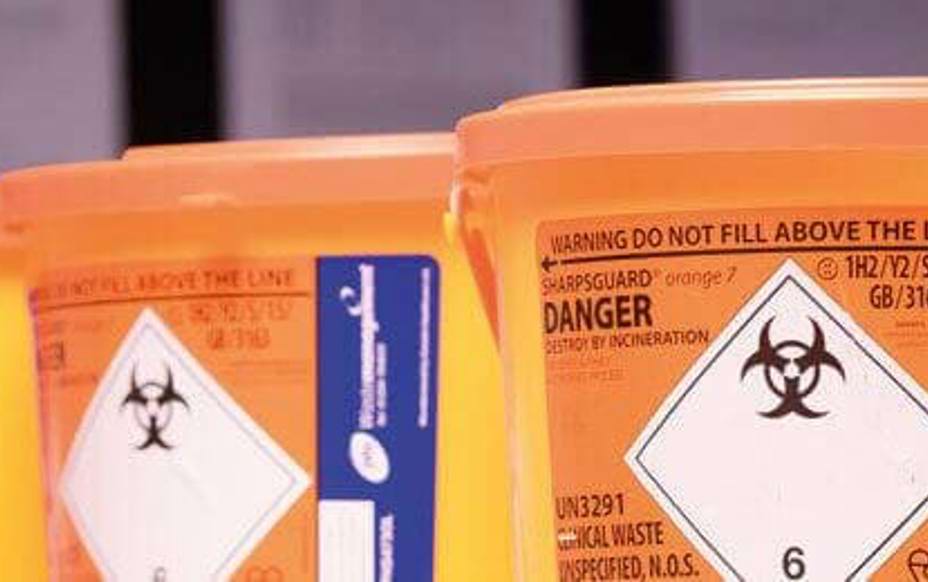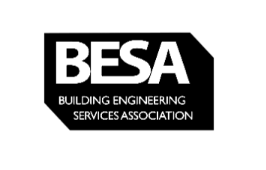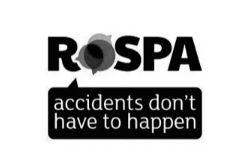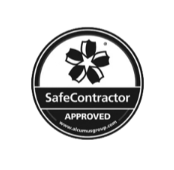phs Group has acquired Citron Hygiene UK - we’re here to support you. Read our customer FAQs and find our contact details here.
Effective waste management is a must for any industry, but it’s even more important where healthcare is concerned. Healthcare waste can pose serious risks to public health and the environment if it’s not disposed of correctly.
Having the right waste management system in place is essential to maintaining healthy workspaces to keep patients and staff safe. Learn more about how to establish a comprehensive waste management system that’s tailored to your healthcare facility.
The importance of an effective waste management system
In any healthcare setting, effective waste management is crucial. Healthcare settings deal with all kinds of waste which can include medical and chemical, and even hazardous waste materials. Some of the key reasons why effective waste management is important include:
- Protection of public health
- Protection of the environment
- Compliance with legal and regulatory requirements
- Occupational health and safety
- Cost efficiency
- Reputation
- Sustainability
Poor waste management practices put a lot of people at serious risk, while those responsible for waste management can face serious consequences for failing to comply with regulations.
Conduct a waste audit
The first step in implementing an effective healthcare waste management system is to conduct a waste audit. This can help you identify the different types and quantities of waste you’re dealing with, helping you categorise it into relevant categories including general, hazardous, pharmaceuticals, contaminated, sharps and others. Each type of waste should have its own disposal process to ensure that all waste is managed safely.
You can learn more about how clinical waste is properly disposed of to help inform your audit.
Develop waste management policies and procedures
Implementing waste management policies and procedures will set out clear guidance that meets regulatory requirements and follow best practice. Your policies should refer to different elements including:
- Disposal
- Waste segregation
- Collection
- Storage
- Transportation
- Accident and spill management
Policies and procedures should be developed with stakeholders, staff, waste management teams and health and safety guidance to ensure that all aspects of waste management are covered. These policies need to be clearly communicated to all relevant teams, with information that’s easy to access whenever a person needs it.
Ensure staff are fully trained on waste management practices
Providing proper training to your employees can help them develop knowledge and understanding of waste management practices. This should include education on the importance of waste management procedures, as well as outline policies for personal protective equipment (PPE). Refresher courses should be given regularly, and all new starters should be given training as part of their induction programme.
If you make any changes to your policies and procedures, they must be communicated and understood by all affected employees.
Use appropriate waste sorting systems
In the UK, infectious and non-infectious clinical waste is strictly regulated, with clear guidance available from the Department of Health. This includes the use of colour-coded waste bins to separate different types of waste.
Establish safe storage areas
All healthcare waste should be stored in secure storage areas where there is temperature control, fire safety measures and pest prevention. There should be strict guidance on who has access to these areas to prevent unauthorised access. Signage should be clear to deter unauthorised personnel from entering these spaces.
Conduct regular checks and audits
Waste management practices need to be regularly monitored and audited to ensure they remain effective. These checks should monitor compliance and ensure that all procedures are being followed according to the processes put in place. This can also benefit businesses and organisations from a budget perspective, by helping to ensure that waste management costs remain reasonable and to ensure resources are being used effectively.
Factor your procedures into your emergency preparedness plans
Healthcare settings can experience a range of emergencies, which can lead to higher volumes of hazardous waste. With a robust waste management process, you can ensure that the facilities and procedures are in place to deal with waste correctly, helping to prevent problems that could be caused due to higher volumes and high-pressure situations.
Enlist the help of certified waste management service providers
Using a waste management service provides you with the help and assurance you need that your healthcare waste is being disposed of correctly and safely. From storage to specialist disposal, there are waste management services that could benefit your organisation and may even help you save money. Strict adherence to legal rules and regulations gives you peace of mind that your waste management is being handled in the right way.
Experience a better healthcare waste management system with phs
At phs, we provide tailored waste management services for all clinical waste. We can supply the appropriate containers, as well as collect and dispose of your waste as frequently as needed. From hospitals to dental practices, we cover clinical settings across the UK, helping our clients maintain safe and effective waste management systems.
If you need help with your healthcare waste management, we can help. Contact phs today for a free quote or to find out more about our services.


































